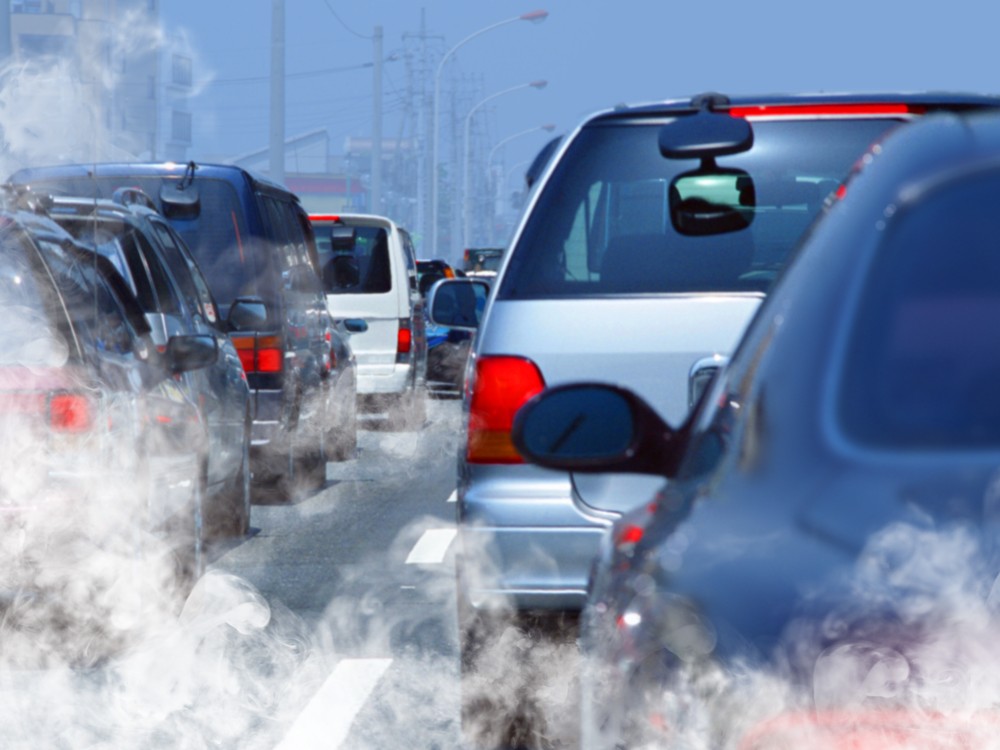Pollution kills more people than AIDS or malaria
An investigation on the impact of global pollution on public health and published by The Lancet magazine, revealed that toxic air, water and soil are responsible for the premature death of 9 million people each year, more deaths than the number of people killed by war, hunger, malaria and AIDS.

The study. who extracted data from the Global Burden of Disease project of the World Health Organization (WHO), warned that pollution is so dangerous that it "threatens the continued survival of human societies", accounting for 16% of deaths throughout the world world, 15 times more than deaths from war and conflict, and three times more than deaths from AIDS, tuberculosis and malaria combined.
Most deaths are caused by diseases related to contamination, such as heart disease, stroke and lung cancer; It occurs in developing countries, especially where rapid industrialization combined with lax regulations translates into increased exposure to toxic air, water and soil pollution for residents.
The United States and Japan lead the dangerous list of the highest number of deaths due to pollution (such as that related to fossil fuels and chemical pollution).
The data
According to the work, air pollution caused by cars or industrial activities is the worst of all: it is responsible for around 4.5 million deaths every year, almost half of all deaths related to pollution, a figure that according to the Experts will not stop increasing in the coming years. Deaths in Southeast Asia are expected to double by 2050.
Another 2.9 million deaths come from the indoor air pollution, from wood stoves, that there are still homes that use them for heating and cooking.
Toxic water is responsible for another 1.8 million deaths each year; and is that water saturated with sewage, for example, is related to diseases such as cholera or parasitic infections.
Pollution in the workplace, which prevails in industrialized countries, also accounts for about 800,000 deaths each year and was associated with diseases such as pneumoconiosis in coal workers, bladder cancer in dye workers and asbestosis, lung cancer, Mesothelioma and other cancers in workers exposed to asbestos (asbestos).
The researchers warned that even the figure of 9 million deaths from pollution could be an underestimation of the actual number of deaths, because pollution grows every year, and its link with certain diseases, such as dementia or diabetes, is an area little researched by the scientific community.
Also, the unknown impact of hundreds of chemicals and pesticides widely used in the environment, could increase the total number of deaths related to pollution.
Children, population at risk
The smallest are the most prone to suffer diseases associated with contamination, since exposure during key periods of the fetus can make them sick, create a disability and even cause death (even small doses of pollutants).
The study also linked pollution deaths to economic losses, finding that, on average, pollution-related deaths led to losses of $ 4.6 billion per year, the equivalent of 6.2% of world GDP.
"Pollution is much more than an environmental challenge: it is a profound and pervasive threat that affects many aspects of human health and well-being, and deserves the full attention of international leaders, civil society, health professionals and individuals. from around the world, "explains Philip Landrigan, co-author of the work.
Reference:
The Lancet
Check this post: How I've been scammed and lost all I earned here

https://steemit.com/livesustainably/@livesustainably/live-sustainably-competitions-and-challenges